Chronic Pain Ireland (CPI) has launched a new information leaflet, which will provide valuable information for patients with chronic pain attending healthcare services including general practice.
CPI was founded in 1992 and provides information and support to those living with chronic pain, their families, and the general public. In addition CPI campaigns for greater education and awareness of chronic pain among healthcare professionals and the general public.
During the pandemic calls to CPI’s support line grew by 300 per cent. This was largely attributed to the Covid-19 pandemic lockdowns, impacting on patients as procedures and treatments fell to 26 per cent of pre-Covid levels, meaning many people suffering from chronic pain did not have access to the services they required. Many found it increasingly difficult to manage and cope with their pain.
Chronic pain, unlike acute pain, is pain which persists beyond the normal time of healing and this is generally accepted as pain that lasts longer than three months. Over a third, 35.5 per cent, of adults in Ireland suffer with chronic pain, according to a study conducted by researchers from the School of Psychology and Centre of Pain Research, NUIG Galway. This equates to two-in-five people suffering from chronic pain across the country.
The critical need for support and information for patients is evident, with many remaining unaware of the support services provided by CPI. The distribution of leaflets into GP surgeries, clinics, and elsewhere will help raise awareness of the supports and services of CPI.
This new information leaflet was produced with the financial support from Accord Healthcare Ireland. Speaking on the partnership Ms Martina Phelan, Chairperson of CPI said: “CPI are delighted with the support from Accord Healthcare Ireland. This support enables us to fulfil our mission of creating greater awareness of chronic pain and to provide relevant information and support for those living with the condition, for their families and friends.”
If you would like to avail of leaflets for display in surgery/clinic contact info@ chronicpain.ie
Referral to healthcare services with pain
If people think that they may have chronic pain, it is important that they seek the appropriate help and the first step is speaking to their GP/GPN.
CPI notes that it is important that the patient is prepared and able to give their healthcare professional as much information as possible during their visit. If they are anxious that they might forget something, they should write it down and bring it with them and they can also bring someone in with them if needed. It will be helpful if they can inform their GP/GPN of the following:
- When pain began
- Was the onset of pain gradual, sudden, result of event/trauma, accident
- Description of their pain
- Region(s) of their body where they are experiencing pain
- Does it radiate (eg, starts and spreads to another location in their body)
- Describe how severe the pain can be on a daily, weekly basis, does it vary
- When they are most affected (is it worse in the morning/night)
- How often the pain occurs, is it constant, frequent, does it come and go
- How intense is their pain (how would they rate it one-to-10 with 10 being worst)
- If pain is affecting their ability to work, socialise or is it affecting their private/family life
- If pain is causing sleeplessness, poor concentration or low mood
The GP/GPN may also ask the patient to use a pain diary, which involves recording their level of pain (on a pain scale) several times a day over the period of a week. A useful online tool can be found at www. changepain.com/en/pain-toolkit
The patient will be asked to note activities or other things that seem to increase pain, and note when taking any medication the effect it has on their pain. This can be very helpful in establishing whether there is any particular pattern to the pain, or any triggers that could be avoided.
The GP/GPN may also conduct a physical examination (which will vary depending on site and type of pain) to look for possible causes of pain and to rule out certain conditions. Once the patient’s pain has been assessed further tests may be conducted to try and determine the underlying cause of pain.
By the patient describing symptoms clearly and fully and the impact these have on their life, the GP/GPN will be better positioned to make the correct diagnosis, begin treatment and/or refer to specialist services.
Self-management
CPI has for many years been running workshops on self-management techniques. “The workshops are undoubtedly the most important aspect of our work. They afford people the opportunity to learn how to regain control over their lives thereby improving their health and wellbeing.”
The workshops have a maximum of 15 participants in an informal setting. Self-management techniques are key in assisting people to cope more effectively with their condition. Details of pain self-management workshops can be found on CPI’s website, www.chronicpain.ie
SUPPORT AND SERVICES PROVIDED BY CHRONIC PAIN IRELAND
- Support phone line
- Monthly e-newsletter
- Public awareness meetings
- Members meetings
- Workshops
- Network of peer support groups
- Partnerships with universities on research and studies
For more information go to www.chronicpain.ie
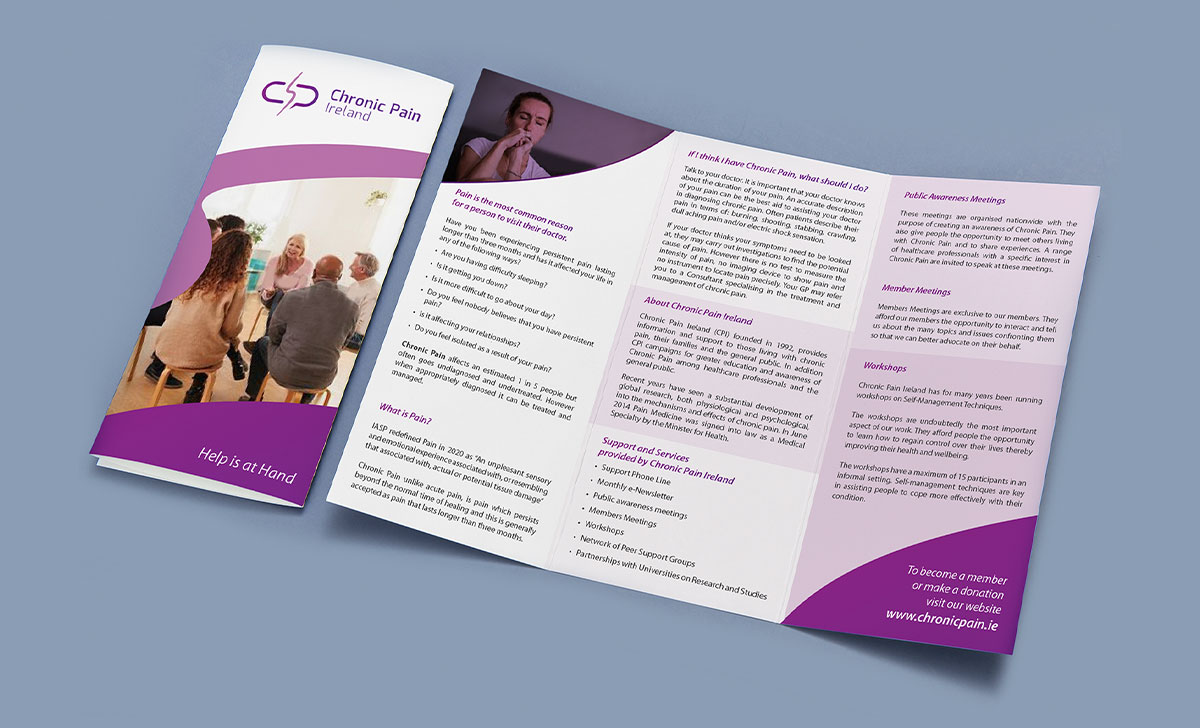
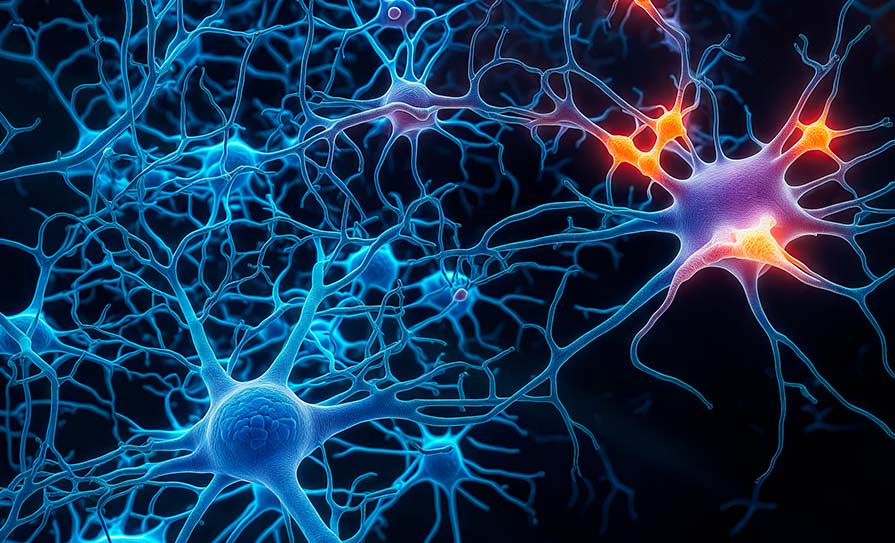
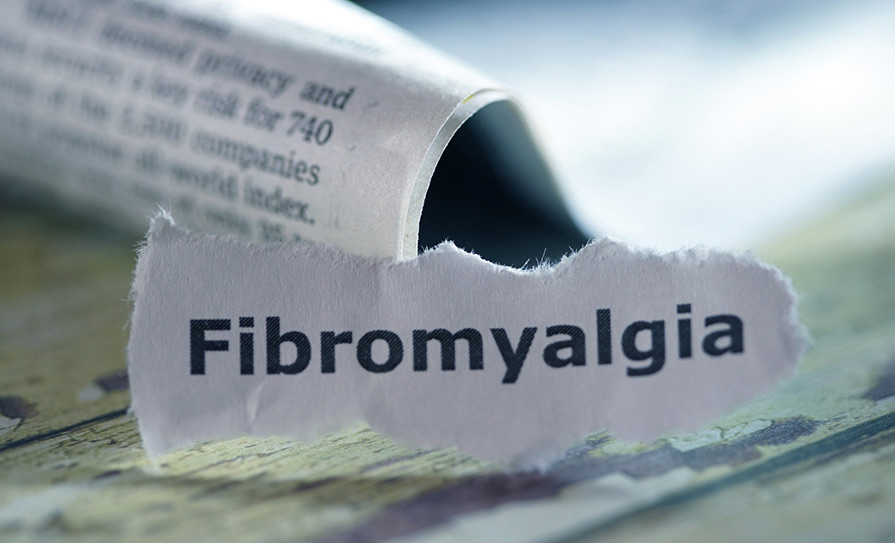
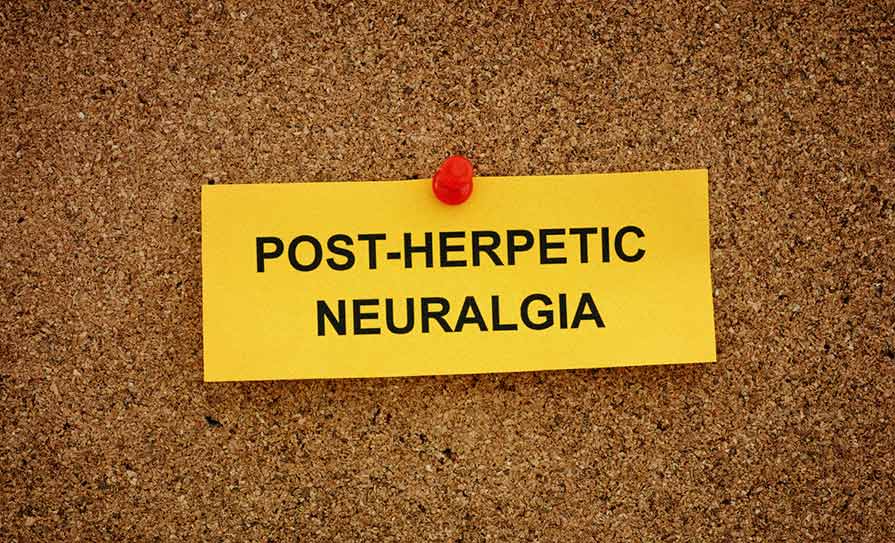



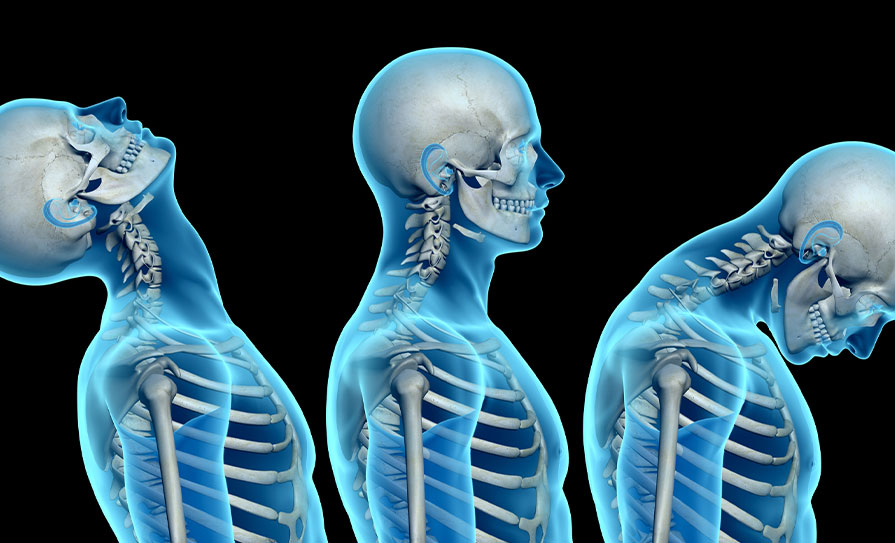





Leave a Reply
You must be logged in to post a comment.